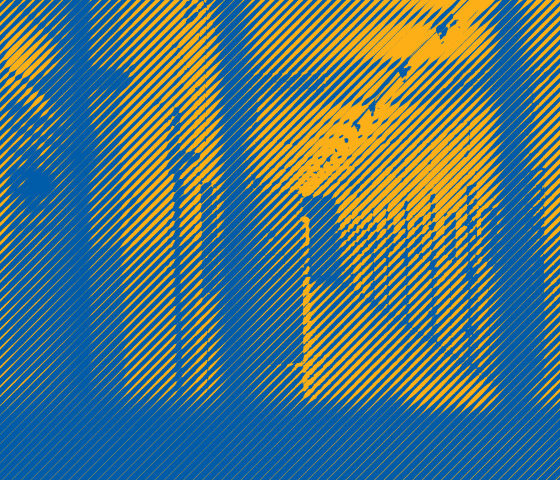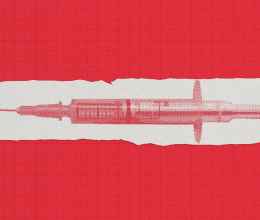The mass incarceration crisis, in Indiana and across the country, has taken a huge toll on families and communities, and has wasted trillions of taxpayer dollars. The current system has failed, disproportionately effecting communities of color. But reformers cannot take a one-size-fits-all approach to ending mass incarceration. Legislative, policing and prosecutorial reform must be specific to combatting these disparities.
SIGN THE SMART JUSTICE PETITION
The ACLU of Indiana just released a report that outlines how Indiana can cut the number of people behind bars in half. The Smart Justice Blueprint quantifies the positive impact of revising extreme laws and policies, such as the reduction of extraordinarily long sentences for low-level drug offenses, and expanding evidence-based opportunities for release, including for those who have not yet been convicted of a crime. The Blueprint is designed to help Hoosier policymakers combat a mass incarceration crisis that has damaged families, harmed communities, deepened racial disparities and bankrupted local governments.
While the national state imprisonment rate dropped eight percent between 2000 and 2016, Indiana’s imprisonment rate grew 18 percent. Following lawmakers’ efforts to restructure Indiana’s criminal code, the prison population has decreased to 26,877 people as of January 2019 from its peak of 29,220 people in 2014.
As of 2017, Black Hoosiers were imprisoned at more than 5 times the rate of white adults, and although Black people accounted for just 9 percent of the state’s adult population, they comprised 34 percent of the prison population that year.
But it doesn’t have to be this way.
Indiana can dramatically reduce its prison population by implementing just a few sensible reforms:
- Investing in strong, well-resourced, holistic indigent defense services
- Expanding access to treatment for both mental health and substance use needs
- Enacting pretrial justice reform
- Ending excessive sentences and extreme punishments for young people
- Ceasing to expand the criminal code
In addition, explicit racial justice strategies must be implemented throughout all policy reforms.
If Indiana were to follow these and other reforms outlined in this Smart Justice 50-State Blueprint, 13,263 fewer people would be in prison in Indiana, saving over $541 million dollars by 2025, dollars that could be invested in schools, services, and other resources that would strengthen communities.
For more information, along with detailed breakdowns of Indiana’s prison population and the reforms needed to reduce it view the full blueprint.



